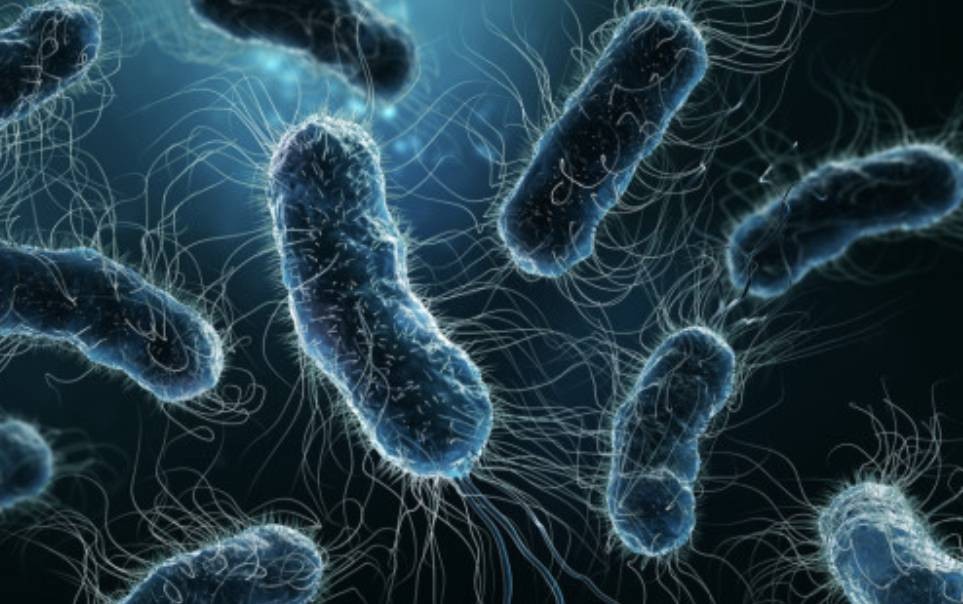
Escherichia coli (E. coli) is a type of bacteria commonly found in the guts of humans and warm-blooded animals. Most strains are harmless, however some strains such as Shiga toxin-producing E. coli (STEC), can produce powerful toxins and cause severe foodborne disease. Among the serotypes like O157:H7 and O104:H4 can cause serious disease.
Infection primarily manifests as abdominal pain, diarrhea(which may be bloody), fever, and vomiting. In some cases, particularly in young children, it can lead to life-threatening complications such as hemolytic uremic syndrome, which can cause kidney failure. While young children and the elderly are at higher risk for severe illness, healthy adults can also be affected.
Infection is mainly transmitted through the consumption of contaminated food and water, such as raw or undercooked meats, contaminated fruits and vegetables, and unpasteurized dairy products. It can also spread via the fecal-oral route from person to person, with contact with farm animals or their environment being significant risk factors. The incubation period typically ranges from 3 to 8 days, averaging about 3 to 4 days.
Treatment focuses on supportive care, emphasizing hydration and electrolyte replenishment. Antibiotics should not be used for such infections, as they may increase the risk of complications. To prevent infection, it's recommended to follow food safety measures, including choosing safe ingredients, maintaining personal and food hygiene, separating raw and cooked foods, and ensuring food is thoroughly cooked to an internal temperature of at least 70°C. If symptoms of gastrointestinal illness, especially bloody diarrhea, occur, it is crucial to seek medical attention promptly to protect both individual and public health.
Source: Centre of Health Protection
















